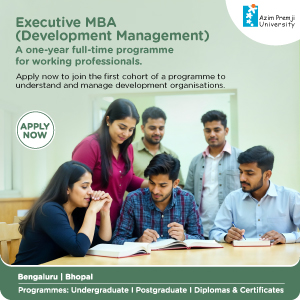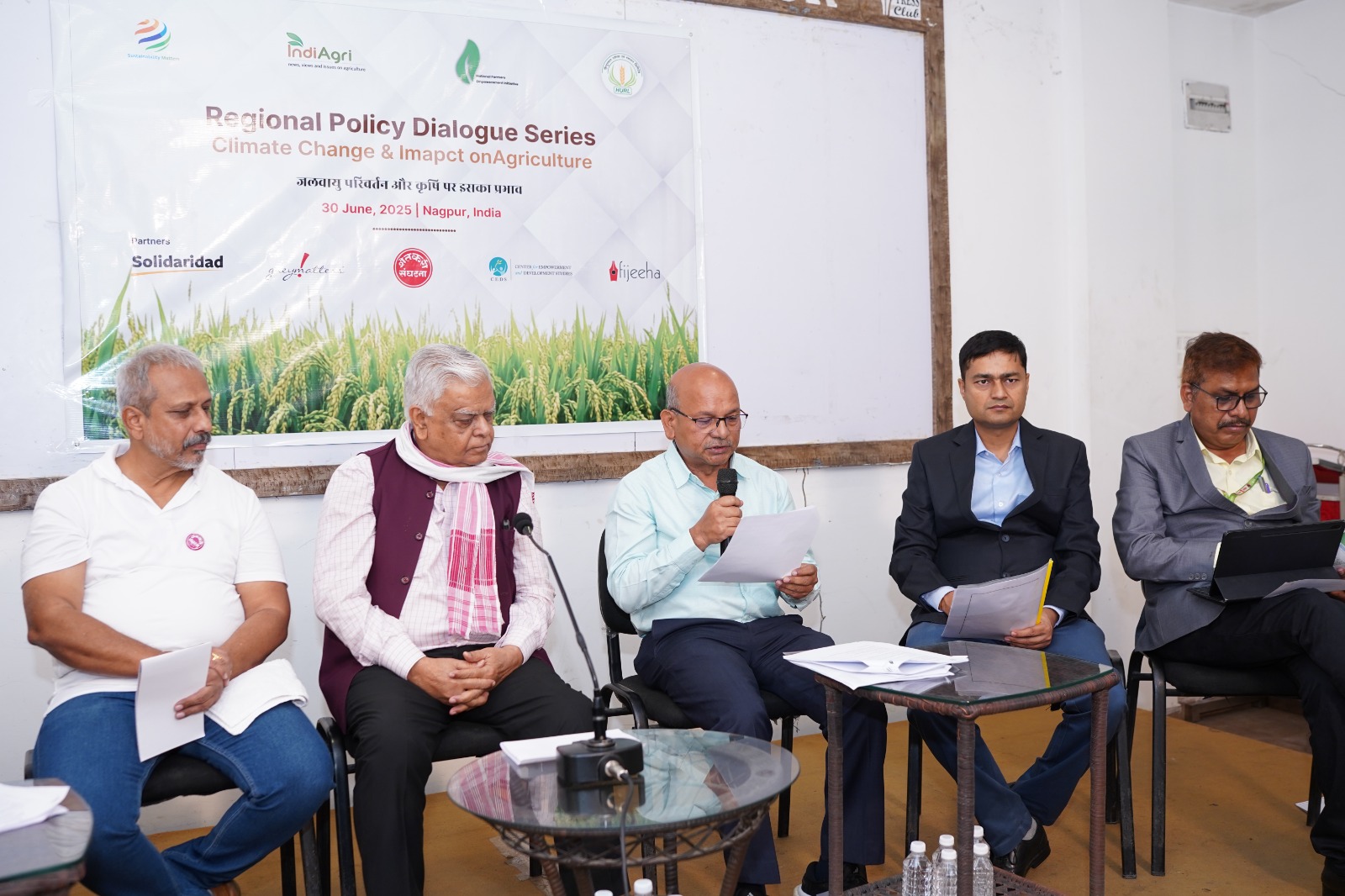Subscribe our Weekly Newsletter
Call for Papers - 4th International Conference on ‘River Health: Assessment to Restoration’ (RHAR 2025)

Organization Name: Department of Civil Engineering, Indian Institute of Technology (BHU) Varanasi
Apply By: 30 Sep 2025
Location:
Presentation Date: 30 Oct. 2025 - 01 Nov. 2025
About the Organization
The institute completed its 100 years in 2019, and we wish to take forward the legacy with rejuvenated vigor and sheer dedication with a commitment to nation building. The Indian Institute of Technology (Banaras Hindu University) Varanasi owes its existence to Bharat Ratna Mahamana Pandit Madan Mohan Malviya, the founder of the first residential University of modern India, Banaras Hindu University (BHU), who could foresee the vital role of technical education in strengthening independent India. Engineering education in BHU started in 1919 with the establishment of Banaras Engineering College (BENCO). The next stage of development saw the establishment of College of Technology (TECHNO) and College of Mining & Metallurgy (MINMET). In 1968, the erstwhile engineering colleges of BHU, namely BENCO, MINMET, and TECHNO, were merged to form the Institute of Technology (IT-BHU). IT-BHU had been admitting students through the JEE conducted by the IITs since 1972. The erstwhile IT-BHU was ranked consistently amongst the top engineering institutions of the country. IT-BHU became IIT (BHU) Varanasi on June 29, 2012, by an Act of Parliament. Following its conversion to IIT, the Institute has quickly established procedures and practices as per the standards of IITs.
About the Call for Papers
In order to focus on small rivers, Government of India has established a dedicated center for small river rejuvenation, named as ‘Smart Laboratory of Clean Rivers (SLCR)’ under the Indo-Danish collaboration initiatives. The SLCR is located at Indian Institute of Technology (BHU) Varanasi, and provides a platform for knowledge creation and exchange, management and transfer/cocreation, training, research and innovation. SLCR is developed to design, test and learn from social and technical innovation in real-time, bringing global and local sustainable solutions for rejuvenation of small rivers. The collaboration is a mutual sharing of technical knowledge and expertise between both the countries.
Rivers are inherently multidimensional systems, encompassing a wide range of interrelated components that span hydrology, water quality, wastewater management, water supply, river morphology, aquifer interactions, riparian ecosystems, biodiversity, and socio-economic dynamics. A river is not just a channel that carries water—it is a dynamic, living system that reflects the health of the entire watershed. For any holistic river rejuvenation initiative to succeed, it is crucial to address each of these dimensions in an integrated and coordinated manner. Small rivers constitute a substantial portion of river networks. Despite their relatively modest size, these small streams wield a considerable influence downstream. They act as ecological lifelines that sustain biodiversity, regulate hydrological cycles, and support local communities by replenishing groundwater and ensuring the availability of clean water. However, their significance is often underestimated in policy and planning frameworks, leading to inadequate legal protections and a heightened vulnerability to alteration or obliteration due to land use pressures (Palt et al., 2022). The degradation of small rivers disrupts not only local ecosystems but also impairs the functioning of larger river systems they feed into.
The role of unregulated contaminants such as microplastics, persistent organic pollutants and heavy metals in aggravating the health of rivers is often less known and rarely talked about. Small rivers have been potentially burdened with severe emerging contaminant loads. However, due to the lack of regulations, the emerging contaminants are seldom monitored or managed and hence, their impact on humans and the river environment is never well understood. Advancements in detection and technologies and evolution of the policy landscape will likely change this scenario in the near future. A meticulous inquiry of these challenges is warranted to understand the emerging trends in the holistic health assessment of small rivers.
Rivers are multidimensional systems influenced by diverse stakeholders—governments, communities, researchers, and industries. Sustainable and resilient river rejuvenation requires transparent communication, shared responsibilities, and long-term collaboration. The theme of the 4th International Conference on ‘River Health: Assessment to Restoration’ (RHAR 2025) is “Restoration of Small Rivers: Application of Advanced Tools and Technologies with Convergence of Policies and Programs,” emphasizing the integration of science, technology, and governance to maximize impact. This convergence is vital for restoring small rivers, which are often overlooked but essential to watershed health and ecological balance.
How to Apply
Deadline for Submission of Full Papers: September 30, 2025
Dates of the Conference: October 30 - November 01, 2025
For more information please check the Link
Join us for the 12th Edition of India CSR & ESG Summit 2025 | Register Now
Latest Online Store
Latest Tenders And EOIs
Latest News
© Renalysis Consultants Pvt Ltd
























.jpg)
